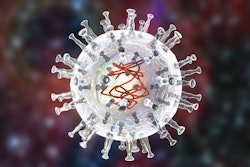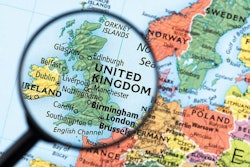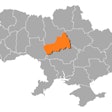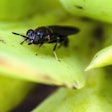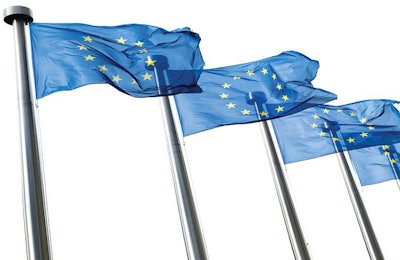
Limited resources, work delays due to COVID-19 push planned Green Deal reveal to later this year
The details of the forthcoming Farm to Fork strategy, part of the EU’s sweeping Green Deal reforms, may not be available until later this year due to industry stress and work delays caused by the novel coronavirus (COVID-19) pandemic at the European Commission.
Originally slated for release by the end of March, a revised European Commission calendar moved the tentative date for Farm to Fork discussion back to April 29. But as the date approaches, further delays appear likely, according to EU trade associations.
European agricultural union and interest group Copa-Cogeca has called for additional delays beyond the April 29 deadline, citing a need for agriculture to focus on managing fallout due to COVID-19.
“All our efforts and those of our members (who will be among the most affected by this strategy) and currently focused on dealing with the ongoing crisis and consequential disruptions in the sector,” a spokesperson for Copa-Cogeca said in a statement to Feed Strategy. “The sector is under extreme pressure right now … we are in a crisis and all our efforts at this moment must go into ensuring food security and functioning of the chain.”
Other trade groups, including the European Feed Manufacturer’s Federation (FEFAC), had planned to join Copa-Cogeca in calling for further postponement of the Farm to Fork plan despite criticism from nongovernmental organizations that argued the strategy was itself critical to the development of sustainable, reliable food systems in Europe. They opted to stand down last week, after a series of documents outlining the European Commission’s priorities for the coming months was leaked to European media.
The documents suggest that the Farm to Fork initiative is slated for further delays on account of a desire to ensure the plan reflects “lessons of the COVID-19 pandemic in relation to food security.”
The European Commission accepted comments on the Farm to Fork initiative in February. The precise details of the plan remain unknown but, according to commission, the purpose of the strategy is to outline a road map for achieving a “circular economy” in EU food systems that will reduce emissions of greenhouse gasses, reduce food waste, cut back on the use of pesticides and antibiotics, and preserve biodiversity. Feed industry leaders have said they view the initiative as an opportunity to secure financial sustainability for EU farmers while demonstrating their commitment to environmental sustainability.


